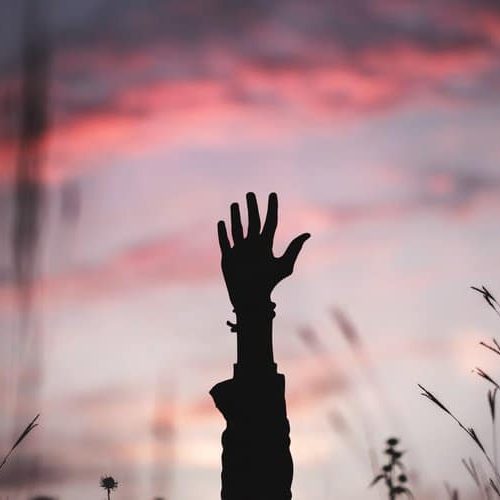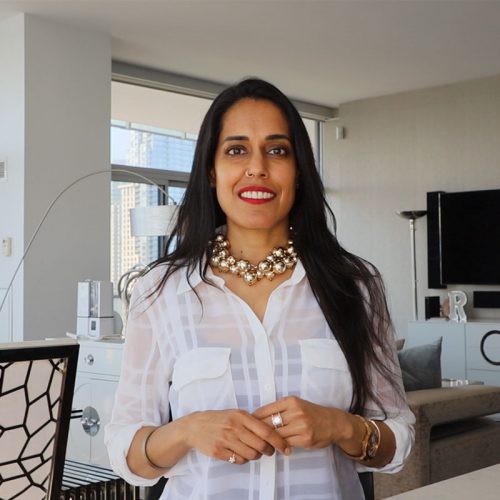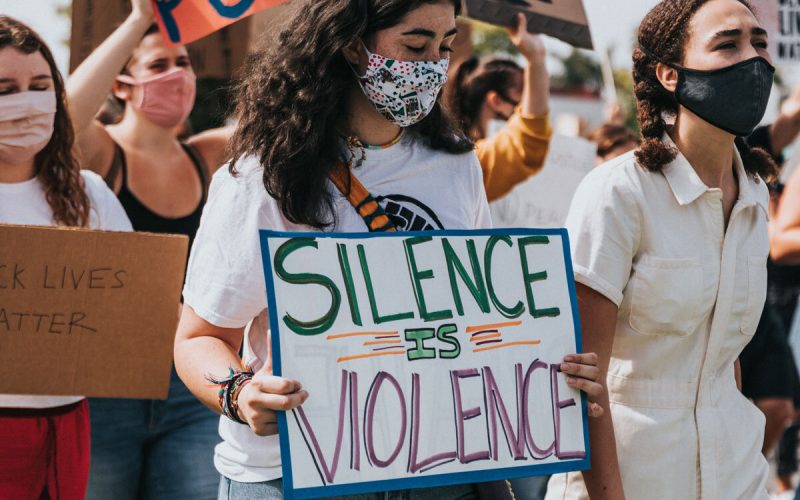
Over the last month, a glaring spotlight has (rightfully and finally) been shone on anti-Black racism and white supremacy around the world, and in the United States in particular. We’ve seen criminal charges laid against police officers, hundreds of protests, thousands of voices raised across social media, and millions of dollars in donations to social justice causes. This feels like some progress.
It’s inspiring to see the outpouring of support for social change, but we must also acknowledge that it is long overdue. White supremacy has caused immeasurable harm to Black and Indigenous peoples in particular, in addition to other communities of color, for centuries now.
As BIPOC, we feel the harm and pain of white supremacy every day. It riddles our bodies and minds, it grips us with fear, and it prevents us from fully stepping into our brilliance. It is a trauma we live with on a daily basis.
I recently shared a video where I define what white supremacy is and talk about how white supremacy sometimes shows up in some visible ways — like state-sanctioned violence against Black people or when people who aren’t Black use the N-word — and shows up in more subtle and insidious ways — like colorism or giving nicknames to people of color rather than trying to pronounce their names correctly.
In this post I’d like to dig deeper into something that isn’t acknowledged very often in the context of white supremacy and racism: white supremacy hurts white people too.
Before I elaborate, I want to explicitly state that the hurt that white people experience due to white supremacy is NOWHERE near the harm that Indigenous peoples and people of color — especially Black people — experience. But it’s still worth drawing attention to this fact, especially if understanding the adverse impacts of white supremacy on white people will help them to be more committed to interrupting and dismantling this system of oppression.
There are several ways in which white supremacy hurts white people, but here are key three reasons to consider:
- If even one community in our society is in pain or suffering, we ALL hurt and lose out in the end — white people included.
- White supremacy gives white people a false sense of superiority and, when this sense of superiority is challenged — whether through the excellence in communities of color or through white mediocrity — it can be extremely destabilizing for white people. (On a related note, I believe that cultural appropriation is, in part, connected with this issue).
- As long as the belief that white people are superior to BIPOC is entrenched in our society, it will be impossible to develop authentic, meaningful, and equitable relationships between us. A barrier will always exist that prevents true and healthy connection because of the inequitable foundation of our dynamic.
This final point warrants emphasis, because I believe that a lack of friendship between white people and BIPOC hurts white people more than it hurts BIPOC. Why? Because despite the pain, hurt, and harm we are subjected to, BIPOC are fiercely bonded over our collective experiences of oppression. In our communities, we seek healing with each other through dancing, singing, eating, laughing, and so much more. We have each other, and our love is profound. White people will continue to miss out on this sense of community until white supremacy is dismantled.
With so many discussions around systems disruption and how to be a better ally happening, it’s more important than ever that we acknowledge the ways that white supremacy and racism hurt every member of society.
For white people reading this, I’d like to offer the following guidance: if you truly want to be an ally, you must be actively anti-racist and you must commit to dismantling white supremacy and other systems of oppression in your own behaviors and in all that you see around you.
For people of color who are not Black who are reading this: we must do more to call out the anti-Black racism that runs rampant in our communities. We can no longer hide behind our brownness and benefit from systems of oppression at the expense of our fellow people of color.
And for people who are Black who are reading this: my heart is with you. I’m sending you so much love today and every day. As long as I am alive, I will keep fighting to disrupt anti-Black racism.
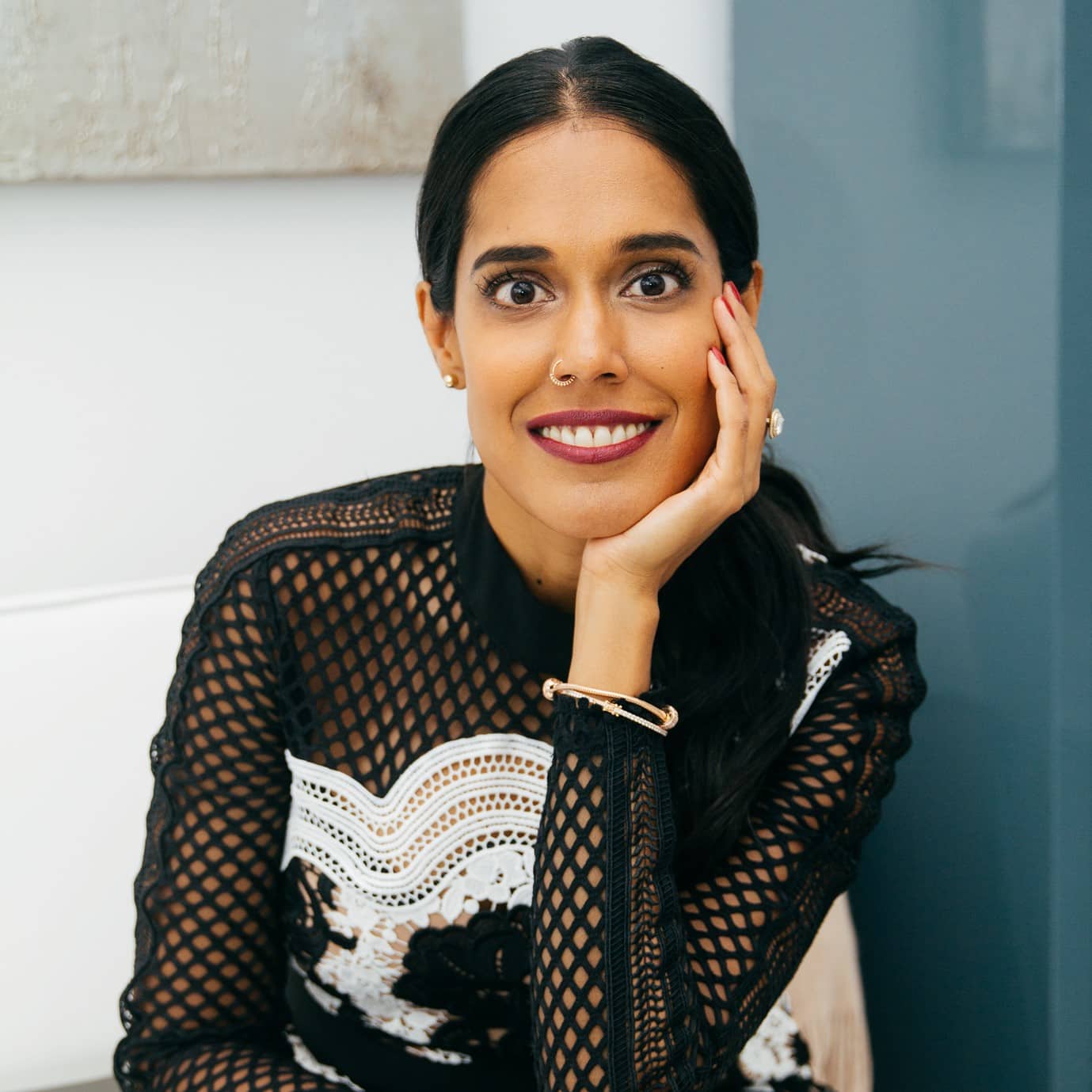
I'm Ritu.
I’m an award-winning life coach, empowerment speaker, author, and inclusion expert dedicated to helping you live your best life.

Join MY COMMUNITY
Sign up for my mailing list to get free inspiration and tools straight to your inbox!
Top Posts
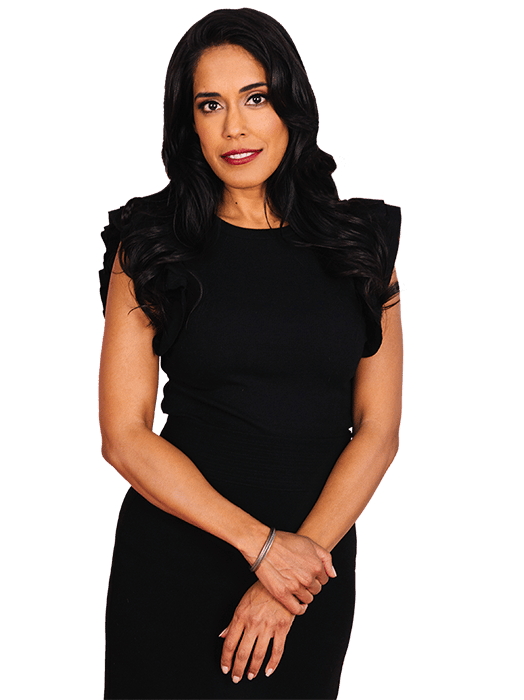
Dig deep into your journey to belong.
Be the first to learn about my authenticity and empowerment goodies and get them straight to your inbox.

